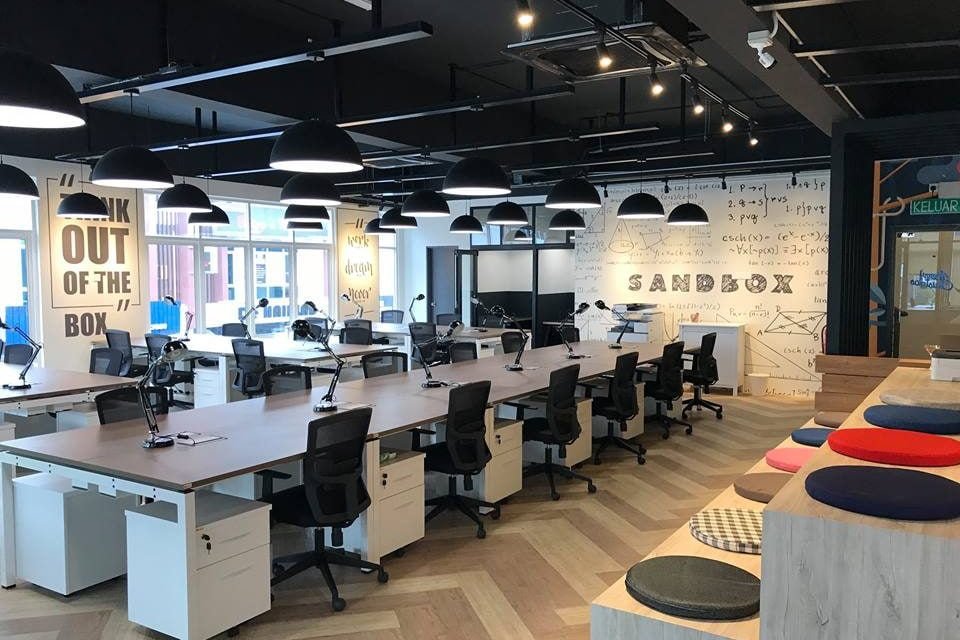 Remote work is a lot more common in today’s job culture than it was a decade or two ago. More listings for remote positions are popping up on job sites and more workforces are demanding flexible hours wherein they can work some days out of the office. But with these relatively new shifts in the workplace, employees must now also have approached the process in a slightly different angle.
Remote work is a lot more common in today’s job culture than it was a decade or two ago. More listings for remote positions are popping up on job sites and more workforces are demanding flexible hours wherein they can work some days out of the office. But with these relatively new shifts in the workplace, employees must now also have approached the process in a slightly different angle.
Rather than ask about office culture, for instance, you may need to prioritize more relevant questions, such as schedule flexibility or rate in which you accumulate your paid work leave. Let’s see what remote candidates should look for in a company.
Communication
Companies have different ways of communicating with their workforce. Some use tools built in-house while others take advantage of readily available software programs from third-party providers. Some companies will stick with one central location for all messages between company employees while others deploy different tools and programs. Ask what tools your prospective company use and what they expect from you in terms of communication, e.g. what hours should you check in?
Schedule
Although remote jobs are prized for their flexible work hours, if you are working as an employee under the company’s payroll, you will likely have a schedule set that structures your day-to-day work routine. Being part of a remote workforce means that you’ll occasionally be teamed up with people from other countries, which means that you’ll have to work around time zone differences. Ask your interviewer or company contact what the typical work schedule is like for their current employees.
Compensation
In some instances, the company you work for may be in a different country. If that’s the case, you’ll want to hammer out the salary or payment structure right away to avoid any issues later on. If you live abroad, ask about how they plan on paying you, e.g. what currency, what payment service provider, and how often. Some remote workers, depending on location of employer and employee, might incur taxes from a foreign country, which complicate the situation come tax filing season. If a company is hiring you as an independent contractor and offering other forms of payment, such as cryptocurrencies, do your due diligence before signing anything. For instance, consider checking current cryptocurrency prices to make sure the dollar amount in compensation is fair.
Provisions
Working remote means you won’t have access to office equipment, such as ergonomic desks and chairs, laptops and VoIP headsets, snacks, and paper supplies. Does the company provide the work equipment you need to get day-to-day tasks done? If you are being hired for data entry or mobile app design, do they provide the laptop configured with all of the necessary software programs? If not, you might end up paying for the equipment and service costs yourself.
These are some areas that remote candidates should touch up on when they speak with their prospective employers. It will help shed light as to what sort of work culture and value they can provide you with.







